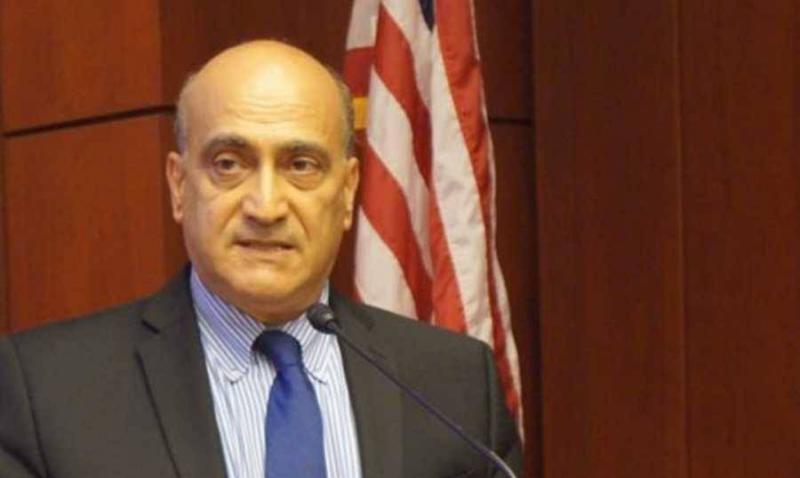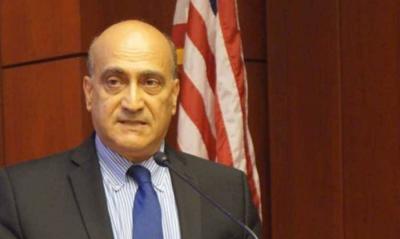Walid Phares, a former advisor to U.S. President Donald Trump, pointed out that "Hezbollah's attack on Bkerki and the Maronite bishops is a direct assault on the Christian people in Lebanon, and indirectly on Sunnis and Druze. This will be firmly opposed by the majority of Lebanese and the vast majority of the Lebanese diaspora. The use of official Lebanese state institutions, whatever they may be, to suppress the church in Lebanon will compel the Lebanese to declare a free zone unilaterally, with whoever is present. The so-called laws regarding relations with Israel are contingent upon the implementation of international resolutions. First, the implementation of Resolution 1559, followed by new parliamentary elections, where the new parliament will decide which laws remain and which are abolished."
He added in a statement: "The Syrian occupation and the control of Iranian militias have paralyzed national security laws in Lebanon, including laws regarding relations with Israel, the Higher Council for Lebanese-Syrian Relations, and provisions of the Taif Agreement and the ministerial statement regarding the so-called 'special relations between Lebanon and Syria' and the so-called 'right of resistance to bear arms.' The violations of both the Syrian and Iranian occupations of all these texts and the loss of the central state's sovereignty have nullified the implementation of all these texts until the restoration of sovereignty and the implementation of international laws. As long as the relationship between an armed militia in Lebanon and the Iranian regime and several terrorist militias continues in the region, any civil and peaceful relationship between members of civil society in Lebanon and any foreign state will not be subject to any previous law until international resolutions are implemented, whether the Iranian militias reject it or not."
He continued: "The Lebanese army must adhere to international law, until this law’s decisions are fully implemented. Its leadership must choose between international laws or Hezbollah's laws. The Cedar Revolution did not obey the orders of the government that was under occupation in March 2005, but rather adhered to Resolution 1559 issued in 2004. The body of the Lebanese army on March 14 did not comply with the orders of the occupying government to suppress citizens but rather allowed them to adhere to international law."
Phares concluded: "Therefore, Hezbollah's laws will not be enforced under the international umbrella, and it is the duty of the Lebanese army to end the rule of militias, not to implement their decrees."




